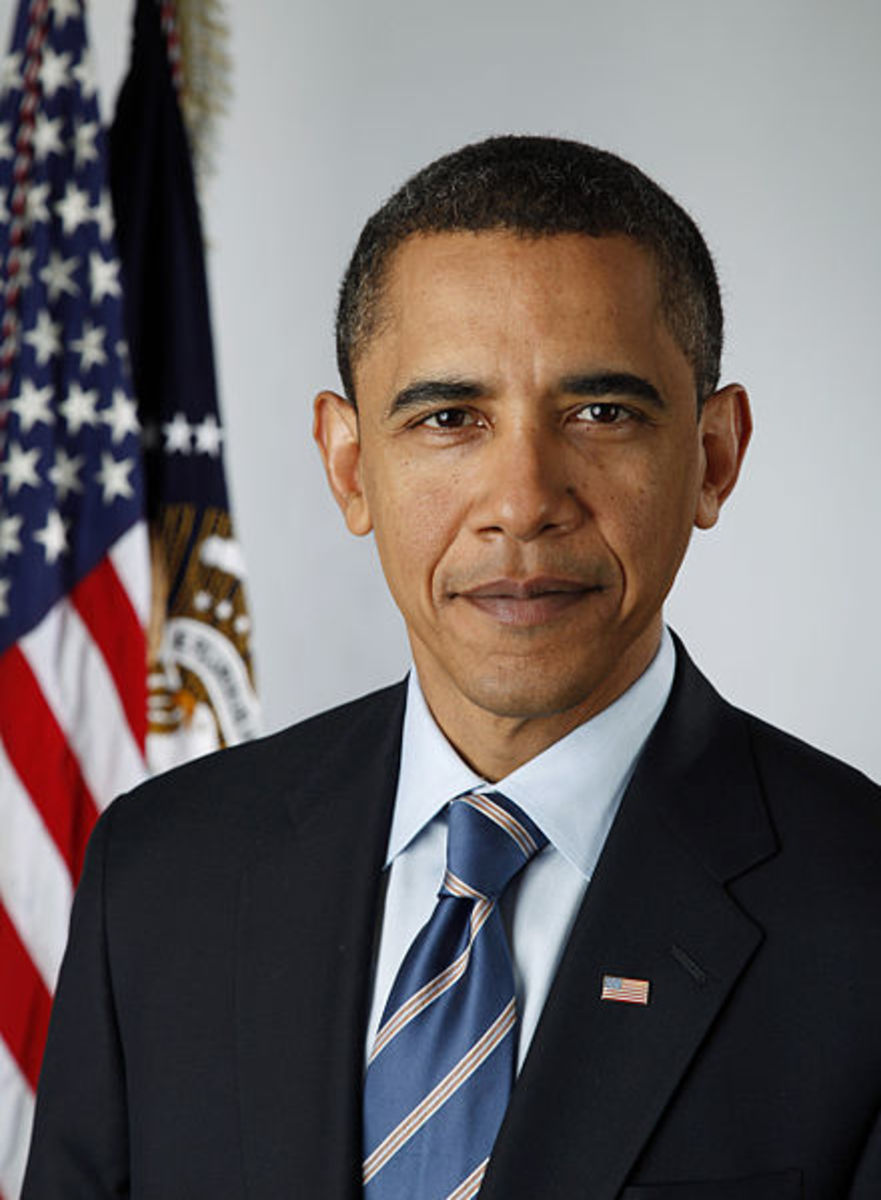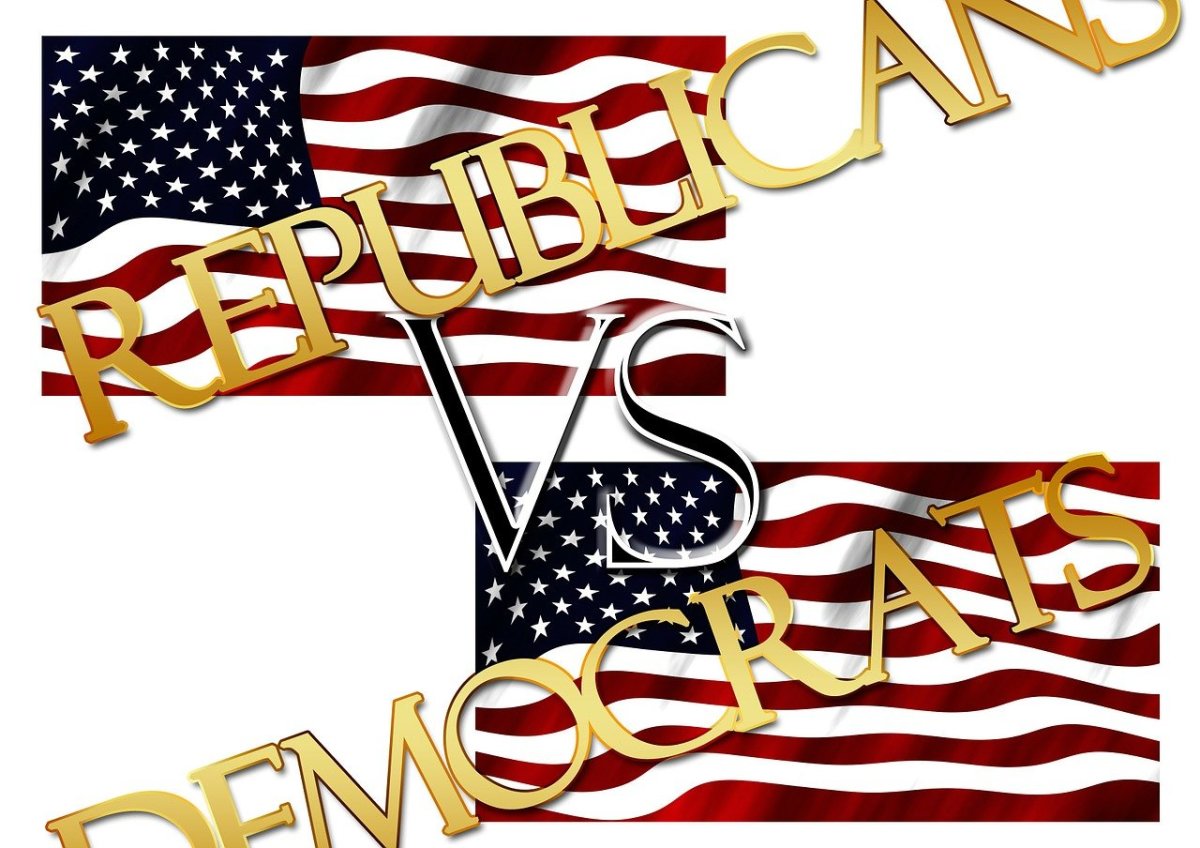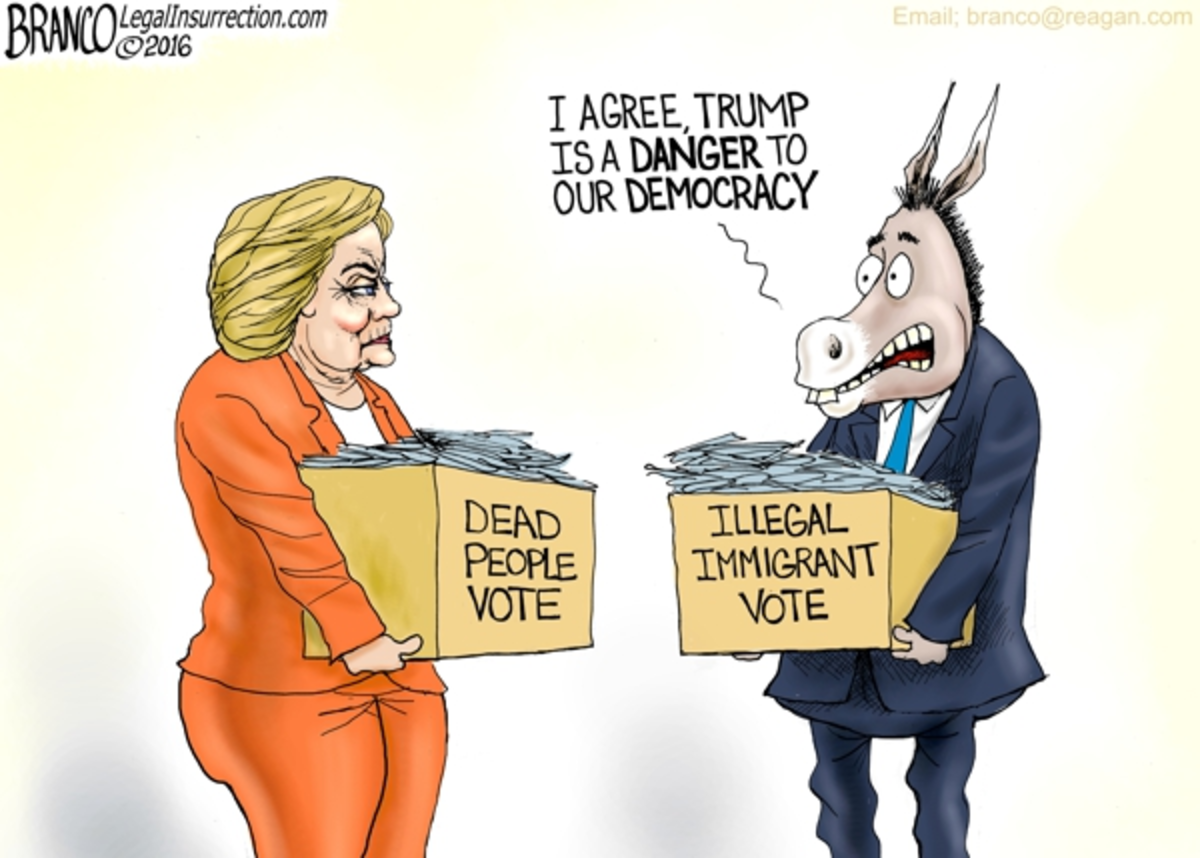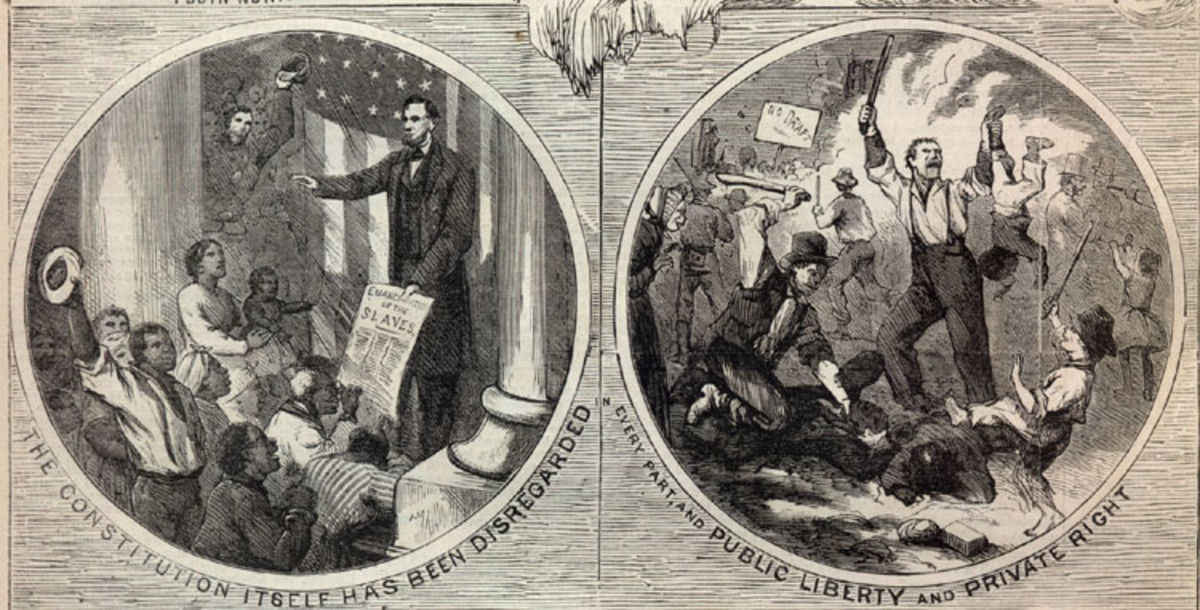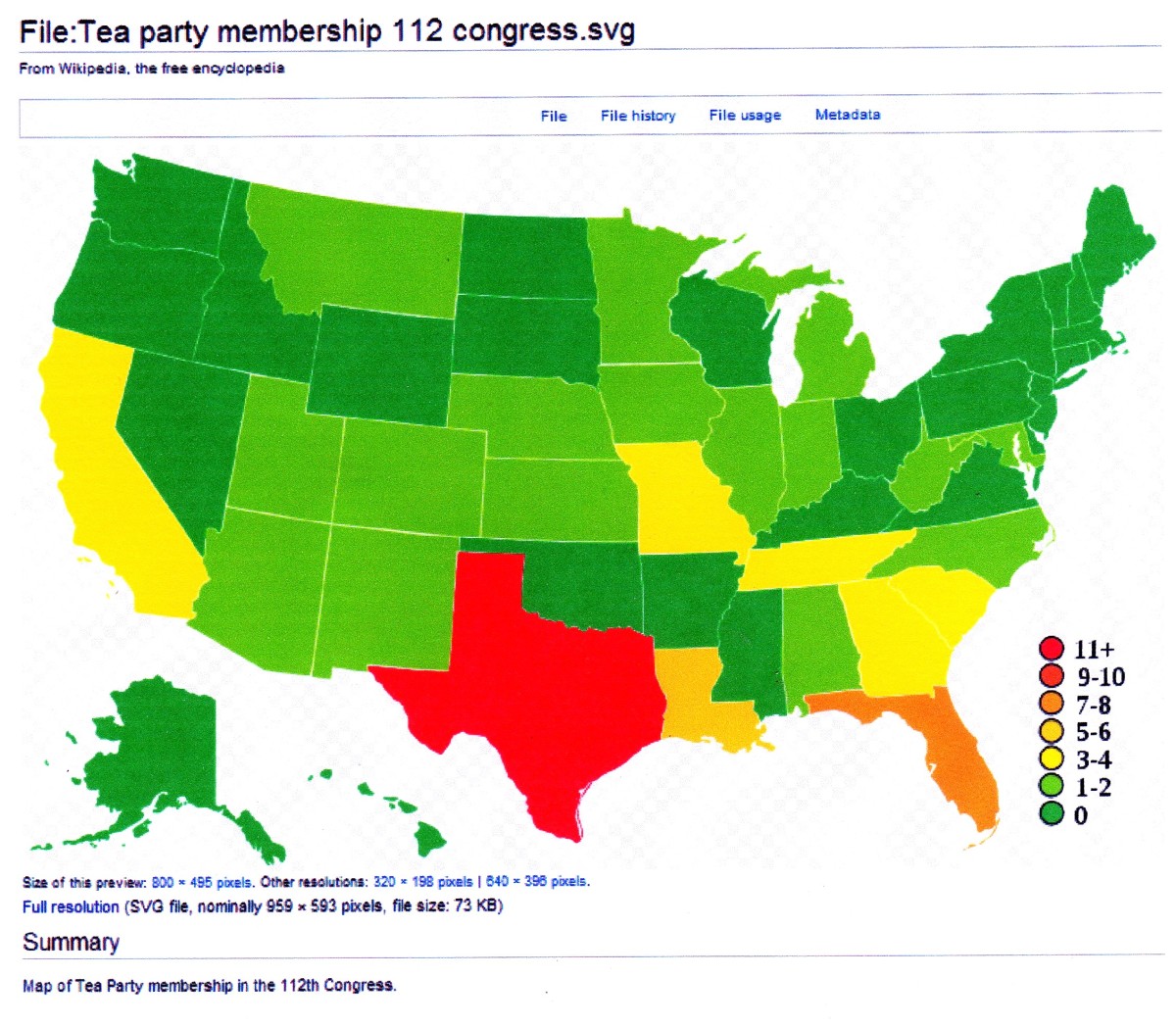Who Votes For Democrats?
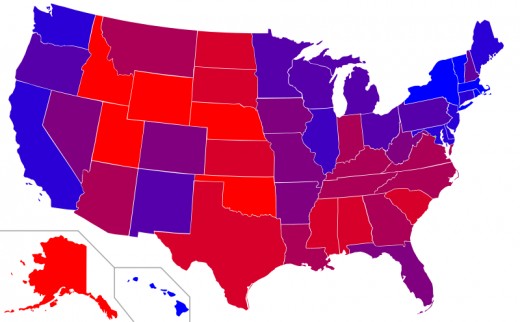
Do You Vote Democrat Or Republican?
Why do people vote for one candidate or another? How do they decide which party to support? I am not talking here about the moderates, people who blow whichever way the wind is going. There is a proverb from Texas regarding moderates that says, 'The only things in the middle of the road are yellow stripes, and dead armadillos.' We won't waste time on yellow stripes here. How do committed Democrats or Republicans choose their party?
In his book, What's The Matter With Kansas, Thomas Frank argues that many Republican voters are ignoring their own best interests by voting conservative, when liberal policies would be more advantageous to them.
I won't re-hash the arguments for and against his thesis here, much smarter people have done this at length. Click the link to the Wiki article for a quick summary of the pros and cons. For a political Wiki, it's surprisingly well balanced.
I'd like to take a look at a few selected groups who tend to vote predominately for Democrats and compare them to some groups that vote for Republicans. If we remember that the United States is fairly evenly balanced between Republicans and Democrats, it is interesting to look at specific groups and see how they differ from the average.
An Evenly Divided Electorate
Nationwide, roughly, a bit more than 30% of Americans claim to be Republicans, and the same for Democrats.
This varies a bit from election to election depending on how attractive the individual candidates are. Compare President Obama, a youthful, handsome man with an engaging style, with John McCain, an elderly warhorse, weighed down by an erratic temper, physical disabilities, and the unpopular record of his predecessor.
Even with all of his advantages, Barack Obama would have lost the race if only 4% of voters had switched votes and chosen McCain instead. Nationally, we are very closely balanced between the two parties.
The Public Sector
According to polls by Gallup, certain classes of citizens vote overwhelmingly for Democrats over Republicans. Public employees vote for Democrats at double the rate we would expect from the 50/50 split we see nationally. 23% of unionized state public workers identify as Republican, and 46% as Democrat. Numbers for local and federal public workers are only slightly less extreme.
Compare this to non-union, private sector workers, who are currently almost exactly split between the parties, with perhaps a slight edge to Romney. Public sector workers are different from private sector workers.
Why are public sector workers so different form the national norm? It may be because the public sector is much more heavily unionized than the private sector. Again looking at Gallup results, union workers, both public and private, support Obama over Romney 57% to 35%, when for the nation as a whole the split is too close to call. Historically, the unions and the Democrats have marched in step, each supporting the other.
Simply put, union members vote Democrat at far higher levels than the American norm, whether they are employed by the government or the private sector.
University Faculty
A far more extreme split is found on university campuses, where in one survey by the Washington Post, 50% of faculty members labeled themselves as Democrats and just 11% as Republicans. Further, 72% called themselves liberal and only 15% conservative, a vast gulf between them and average Americans. 40% of Americans self-identify as conservative, and only 21% as liberal.
These numbers vary according to how the questions are worded, but the difference remains. Far more Americans consider themselves conservative than liberal.
Most university faculty are in fact employed by the public, even those at so-called private universities. Much of university income comes directly from the federal government in the form of grants for research, and also from monies paid to students in the form of student loans and grants. Universities act as small-scale governments, with their own rules, laws, courts and police forces, and what amounts to tax collecting powers. It is only a slight exaggeration to call all university faculty members public employees.
That still does not explain the extreme variance of university faculty from the American norm. Let's look at a group that swings nearly as far in the opposite direction.
Small Business Owners
According a a Washington Post poll, 61% of small business owners plan to vote for Mitt Romney, and only 26% for president Obama. That is shockingly large, nearly as great as the difference seem among university professors in the opposite direction.
Remember, this is a nationwide poll of small business owners, so if otherwise properly randomized, it should have a wide variety of people, from rich to poor (many business owners are poor) and all races and religions represented.
This is especially odd when we consider that business, by its very nature, tends to be concentrated in urban areas, and cities are strongholds of the Democrats. What would cause your local beauty salon owner, barber, restaurant or bar owner to vote Republican, when the great majority of their clientele will be voting the opposite?
When a university sociology professor leaves his classroom and heads down to the local watering hole for a drink, he is probably entering an establishment owned and run by a Republican! Anyone who patronizes small business deals mainly with Republicans.
Military Votes
One last group. In recent decades the US military has trended more and more towards the Republicans. A recent poll from Gallup gives the breakdown of 57% voting for Mitt Romney and only 35% for Barack Obama.
An L.A. Times article suggests that this may be trending towards the Democrats, as in the early 2000s the gap was even more extreme. In 1996 70% of officers were Republican! That is right up there with university faculty for out of whack with America as a whole.
What immediately strikes me as odd is that military men and women are the quintessential public employees. They live in dorms, eat in cafeterias, have publicly funded universal health care, and are paid by the US taxpayer. What's up with that?
I was very interested to find data on fire fighters, police and the like, to see if they more closely matched most public employees and voted Democrat, or the military and voted Republican. I was not able to find any information that broke out voting patterns for these groups. Can anyone help with data? Not opinion. Data.
I will leave it up to my esteemed readers to discern patterns to these results. Any guesses as to why some go this way and some that in US politics? No name-calling, please. No suggesting one side is brain-damaged ( as one Hub writer did recently), please. Sorry if that takes the fun out of it.
Read more at:
Creating the Blue State Paradise
What Conservatives Don't Understand About Liberals


